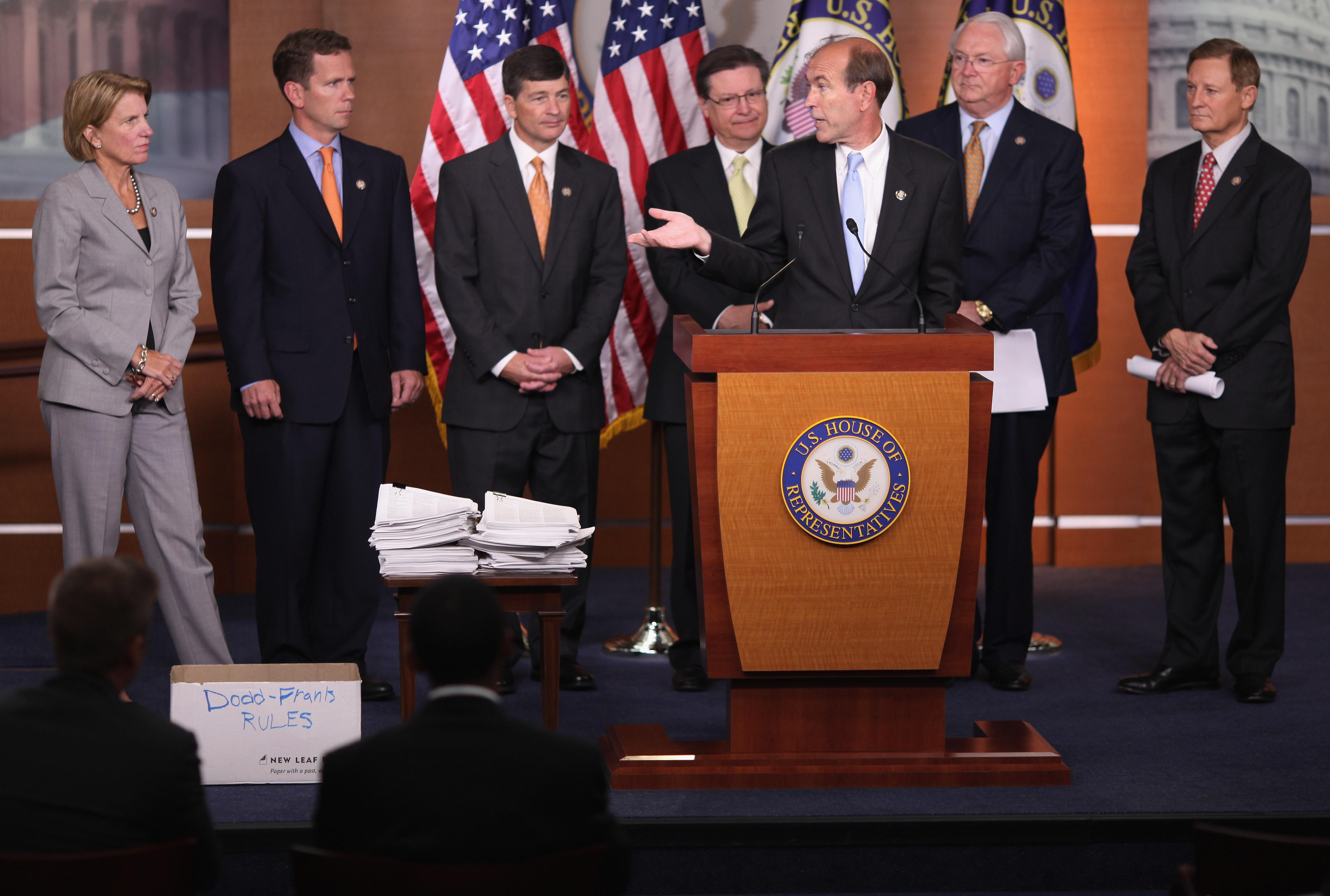There it is, on A1 of the New York Times: The latest turn in the “remaking of the GOP.” Jennifer Steinhauer reports from the Chicago surbubs on how defeated 2012 candidates “have shelved their incendiary remarks about President Obama and the national debt in favor of a narrower focus on the Affordable Care Act.” Exhibit A:
“My name is Congressman Bob Dold!” said the fleece-clad man making his way through a popular restaurant here.
Bob Dold? Dold was nobody’s idea of an “incendiary” or Tea Party candidate in 2010 or 2012. He won the seat formerly held by now-Sen. Mark Kirk, a slice of Greater Chicagoland usually won by moderate Republicans, a slice that Democrats expected to take. In 2012 the Democrat-run legislature made Dold’s 10th District harder to win, giving him territory that had voted 63–36 for Obama over McCain. To hold on, he voted frequently against the conservatives, earning a 40 percent rating from the American Conservative Union, 40 percent from Heritage Action, and 38 percent from the Club for Growth. The Times writes that Dold “benefitted from the Tea Party” but was “one of the more moderate members of the House.”
Right. In 2012, if you wanted to find out how a Republican might buck the conservatives and win in swing districts, you covered Robert Dold. Check out this piece from 17 months ago by—hang on a second—Jennifer Steinhauer.
With his Congressional district redrawn into the most Democratic one currently held by a Republican — President Obama in 2008 won 63 percent of the votes in what is now the 10th District — he is taking pains to point out that he is among the most moderate members of his reliably conservative party.
He sponsored recent legislation to protect Planned Parenthood from legislative assaults, voted for a failed budget plan that would have increased revenues and stood against his party on its House transportation bill.
He is one of a handful of Republican lawmakers who refer to the health care law by its given name — the Affordable Care Act — rather than by the pejorative name Obamacare, and he uses the word “independent” rather than “Republican” to describe his politics on the campaign trail. “I believe what people are looking for is for us to work together,” he says.
So Dold 2013 is just like Dold 2012. The only difference: a new media narrative about how the GOP is changing/must change.
